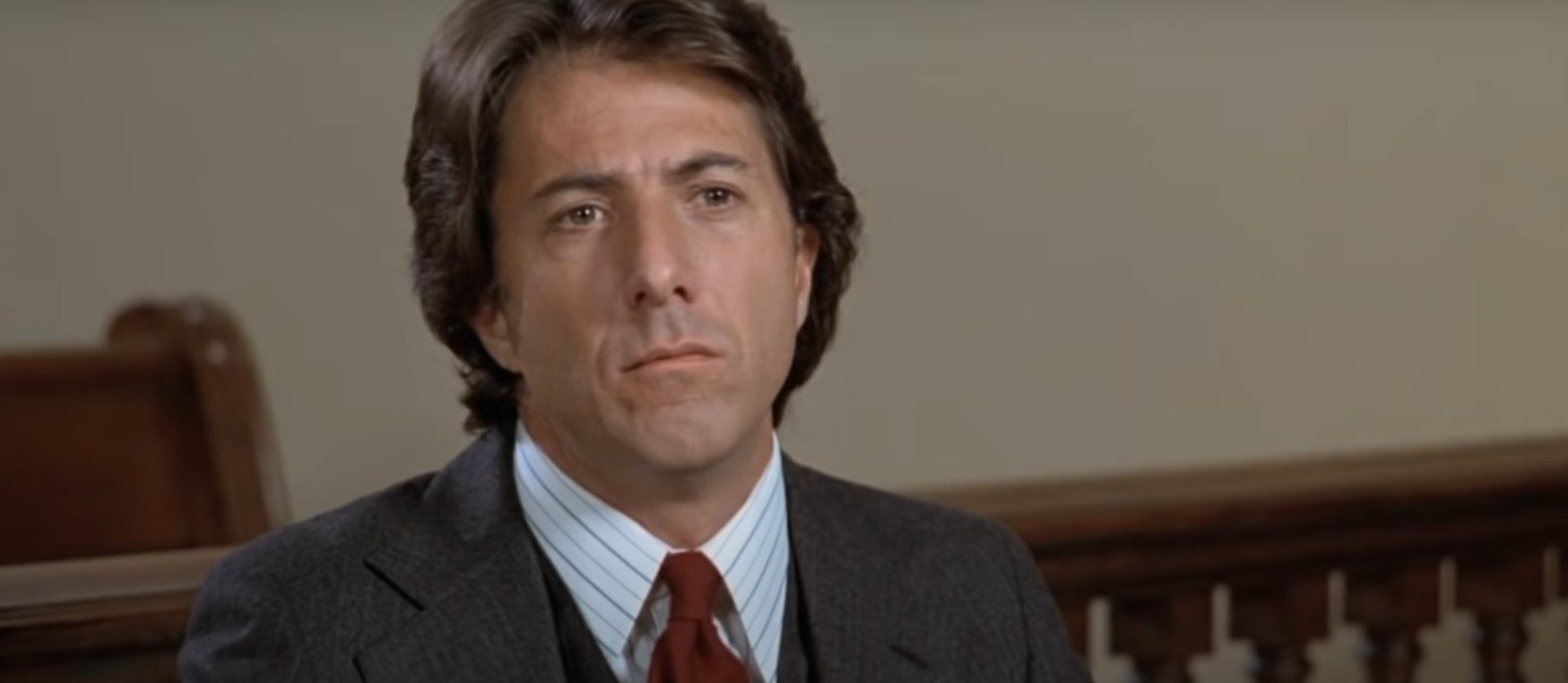Kramer vs. Kramer is a 1979 American drama film that tells the story of a married couple going through a divorce. The film was written by Avery Corman and directed by Robert Benton. It stars Dustin Hoffman and Meryl Streep in their first lead acting roles together. Kramer vs. Kramer was released on December 19, 1979, and won five Academy Awards, including Best Picture, Best Actor for Hoffman, and Best Actress for Streep. Let’s take a closer look at the Kramer vs. Kramer ending explained!
Kramer vs Kramer became the highest-grossing movie of 1979. With only an US$ 8 million budget, the film raked in US$ 173 million dollars. And it swept the awards season, winning five Oscars: Best Actor for Dustin Hoffman, Best Supporting Actress for Meryl Streep, Best Director, Best Adapted Screenplay, and Best Picture. Now without further ado, let’s take a look at this film.
Kramer vs Kramer Plot
Ted Kramer (Dustin Hoffman) is an overworked advertising executive who has recently been assigned a new and crucial account. One day, Ted returns home to tell his wife Joanna (Meryl Streep) the good news, only to discover that she is divorcing him and their son Billy (Justin Henry). Ted and Billy resent each other at first because Ted no longer has time to handle his increased workload, and Billy misses his mother’s love and attention. Ted and Billy learn to cope after months of turmoil and gradually bond as father and son.

Margaret (Jane Alexander), Ted’s next-door neighbor, initially advised Joanna to leave Ted if she was unhappy. Margaret is a single mother, and she and Ted quickly become friends. Billy falls off the jungle gym one day while the two sit in the park watching their children play, severely cutting his face. Ted sprints several blocks through oncoming traffic to get Billy to the hospital, where he consoles his son while he is being treated.
Joanna Comes Back
Joanna returns to New York from California fifteen months after she walked out, and a custody battle ensues. During the custody hearing, both Ted and Joanna are caught off guard by their lawyers’ vicious character assassinations of the other. Margaret is compelled to testify that she advised an unhappy Joanna to leave Ted, even though she also tries to convince Joanna on the stand that her husband has changed dramatically. The damaging facts that Ted was fired because of his conflicting parental responsibilities, forcing him to take a lower-paying job, and the details of Billy’s accident, eventually surface in court.

The Divorce
The court grants Joanna custody, based primarily on the tender years doctrine. Ted is devastated by the decision and considers filing an appeal, but his lawyer advises him against it because it would be too costly, and he would have to testify in the resulting trial. Ted can’t bear the idea of subjecting his child to such an ordeal, so he opts out of the custody battle.
Kramer vs Kramer Trailer
Kramer vs Kramer Ending Explained
Overall, Kramer vs. Kramer was a very irruptive movie in 1979. With it, Robert Benton creates a heartbreaking drama about the psychology of a traumatic divorce at a time when divorce rates were at an all-time high in the United States. Moreover, Kramer vs. Kramer erupted the discourse on issues like balancing life and work, single parenting, father’s rights, and gender roles. This was at a time in America when inflation and unemployment were skyrocketing. So, living was expensive, and divorces were even more so.
Joanna was a horrible mother from the get-go who abandoned his child and husband for over a year. In the meanwhile, Ted learned to takeover. He built a strong relationship with his kid. They form a decent connection. And then, Joanna shows up, takes advantage of the unfair court system bias towards women, and gets a very high alimony pension. And though Ted wants to appeal, his lawyer tells him that to do so, Billy must testify, and Ted doesn’t want that. So, when Joanna intends to pick up Billy, she discovers that she’s made a horrible mistake, that her son’s connection with his father is strong, and that her act was selfish. But it’s too late. So, the iconic elevator scene concludes this 1979 classic. That’s it for the Kramer vs Kramer Ending.
Also Read: The Devil Wears Prada Ending Explained: Why Does Andy Quit Her Job?





